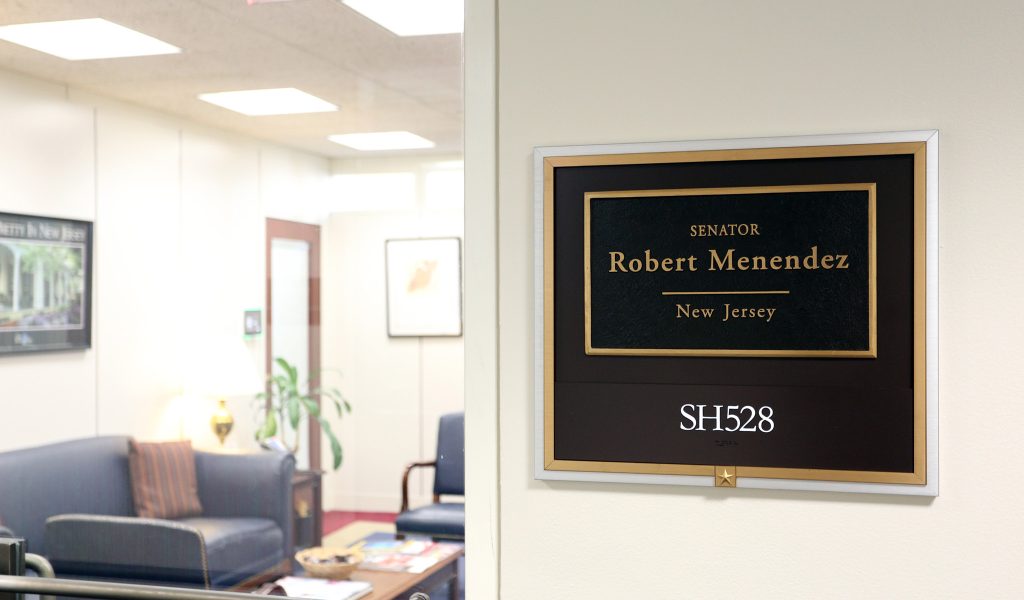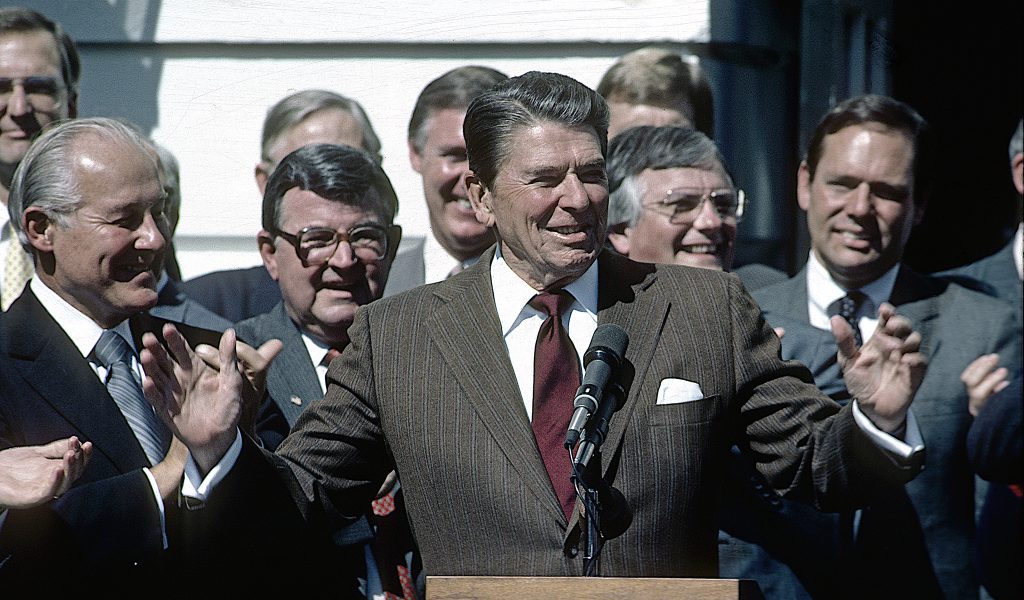When Ed Crane co-founded the Cato Institute in the 1970s, he had no illusions about a libertarian wave overtaking the U.S. in the 80s. Crane recognized that change takes time, and he would form a libertarian movement that would aim to gradually change minds.
So, while the U.S. isn’t nearly as free as Crane would like it to be, freedom is winning. Looking back to when Cato began, ownership of a land line phone that plugged into a wall was illegal. Long-distance calling was only possible through the government’s preferred monopoly in AT&T. Gasoline was scarce due to price controls imposed after President Nixon’s monetary error. Rather than recognize the error, witless politicians attacked symptoms such that Americans were reduced to waiting in long lines to purchase gasoline Soviet Union-style on odd/even days. The top tax rate was 70%, and the consensus view among Democrats and Republicans was that politicians spending our money wasn’t inflationary, but reduced taxation was…As for social issues like marital freedom, they were decades off.
Fast forward to the present, and we live in a much different, much freer United States. Freedom movements take time, but the message is compelling.
It’s something for Freedom Caucus-style Republicans to think about. They’ve made being a thorn in House Speaker Kevin McCarthy’s side a badge of honor. They’ll try to block his spending bills every which way, and they’ll threaten shutdowns if they don’t get their way. Their intentions are good. The problem is that they don’t know why government spending is harmful, and since they don’t, they’re not effective.
Freedom Caucus member Eli Crane recently lamented on Twitter that “This town is addicted to spending other people’s money.” Rep. David Schweikert, though not a Freedom Caucus member, wrote at RealClearMarkets earlier this year that “our nation is on a fiscal path that is simply not sustainable.” Let’s address Schweikert first: the surest sign that the wasteful federal spending is sustainable is all the debt. Haiti can’t borrow as the U.S. can, nor can Peru and Zimbabwe. It’s a reminder that the U.S. has a way-too-much revenue problem now, and a much bigger too-much-revenue problem in the future that enables all the borrowing.
As for Rep. Crane, the sad reality is that “other people’s money” is mostly the money of the very rich; that, or its investors seeking safety in debt instruments that are seen as safe precisely because the very rich in the U.S. are so heavily overtaxed. Yet, you don’t see Republicans properly calling for massively reduced taxation on those with the most. In reality, more than a few GOP pundits and legislators reviled in the sad fact that the faux “Trump tax cuts” of 2017 didn’t reduce the tax burden on the rich at all. Many endured higher taxes.
You quite simply don’t see Republicans courageously making the correct point that excessive taxation of the rich reduces capital formation without which there are no companies and no jobs. You also don’t hear Republicans relentlessly reminding voters that government spending is the most horrid tax of all for it signaling politicians substituting themselves for free markets in the allocation of precious growth capital.
Instead, you have Republicans ranting endlessly about deficits, other people’s money, and what’s “unsustainable.” Is it any wonder that government continues to grow when arguments for limited government are so lame? The important truth is that this isn’t Rep. McCarthy’s fault, but it is the fault of self-styled small government Republicans who don’t know how to make a small government case. Until they learn, they’ll keep on losing.
Originally published at RealClear Markets










